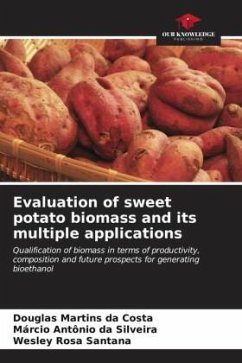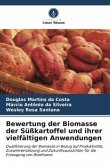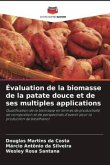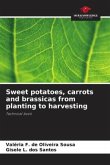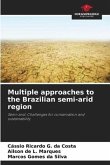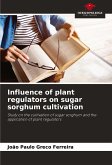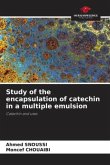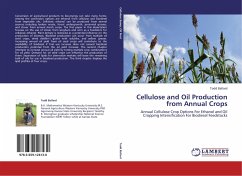The booming industrial development of the 20th century and the accelerated mechanisation of human activities culminated in a scenario of exploitation and use of polluting fuels derived from petroleum, which produces environmental impacts that are far from being quantified, let alone overcome. On the other hand, attempts have been made, albeit at a slow pace, to use renewable and clean energies such as biomass, knowing that harnessing solar energy converted in plants into chemical energy and this into biofuels such as ethanol could be the way out of the environmental crisis in which we live. However, among the various types of biomass, we can highlight the sweet potato, which is little consumed as food in Brazil and has characteristics such as adaptability, rapid cycle, starch concentration and high dry matter content. The use of sweet potatoes could therefore meet the need for this fuel during the sugar cane off-season, since this raw material is available all year round and throughout the country. It is therefore of the utmost importance to optimise the production and sustainability of this biomass for bioethanol production.
Bitte wählen Sie Ihr Anliegen aus.
Rechnungen
Retourenschein anfordern
Bestellstatus
Storno

